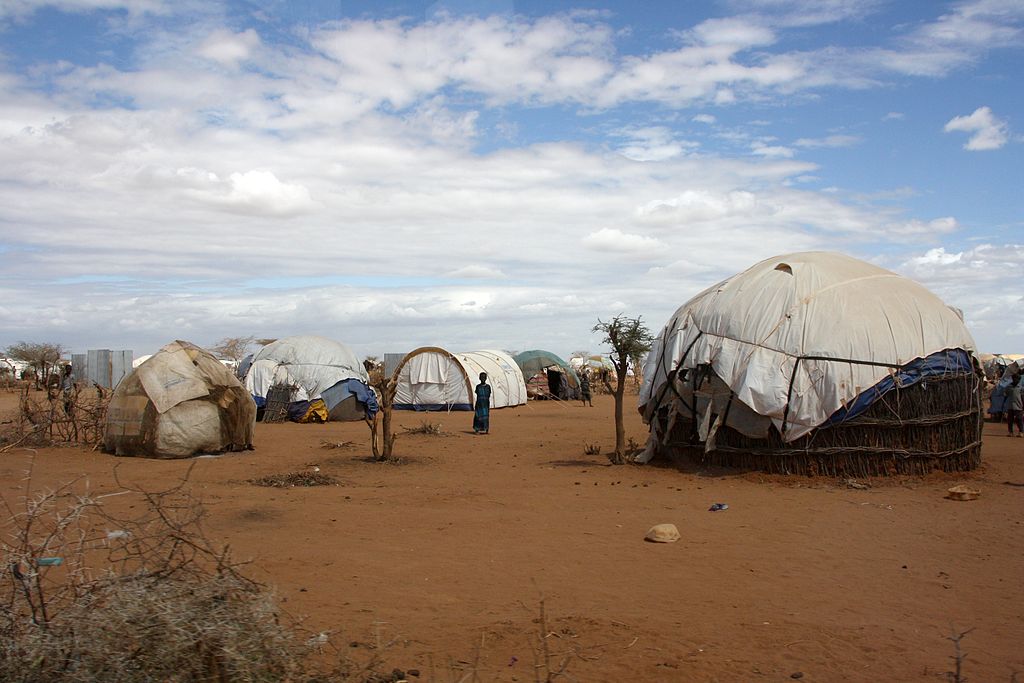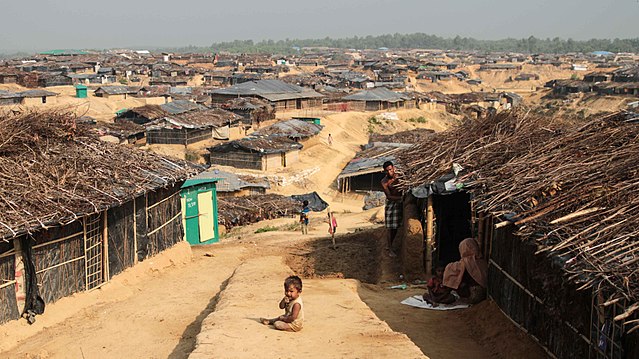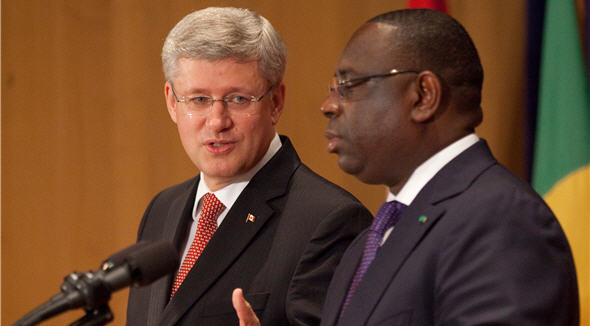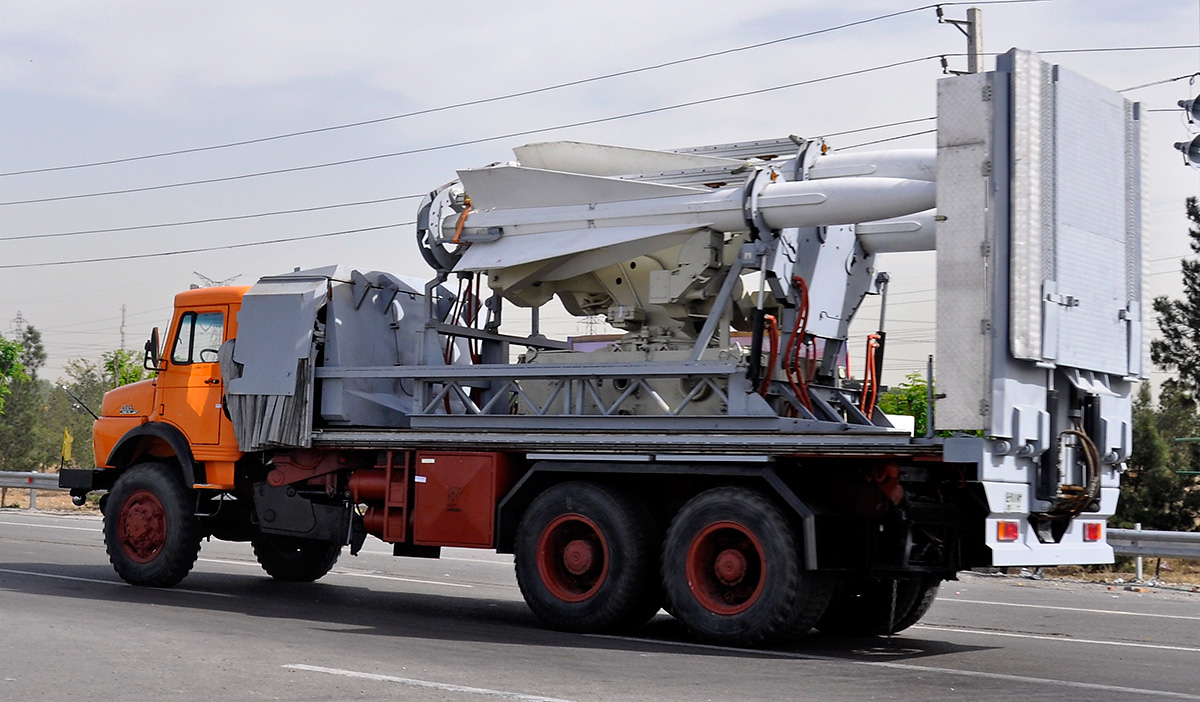The Threat From Dadaab
The Government of Kenya has announced that the Dadaab refugee camps should be closed within three months and the 350,000 Somali refugees living there returned to their country. The Government’s decision was announced this past weekend following the horrific attack at Garissa University earlier this month.
This announcement, made by the United Nations High Commissioner for Refugees (UNHCR) spokesperson Karin de Gruijl in April 2015, came as a shock to many humanitarian organizations around the world, but to the Kenyan Government it was a solution to a growing problem – domestic terrorism. Although the rhetoric surrounding the camp has calmed, the Kenyan Government is still threatening to take action against potential Al-Shabaab members living in the camp and in Kenya. This incident and reaction is a stark example of the global hostility that refugees potentially face due to perceived security threats originating from their communities. In particular, the camp itself consists of a population estimated to be 50% female, and 58% of the total population are below the age of 18. Should they be sent back to an unstable country?
The Dadaab Refugee Camp in Kenya is the largest refugee camp in the world. In 2015, UNHCR estimated that 350,000 Somali refugees were housed in the camp, with this number growing daily. The camp was originally built to house only 90,000 refugees in 1991, but the population has exploded due to increasing instability in Somalia as well as the 2010 food crisis. There are very real security threats originating within and surrounding the camp in Dadaab, however many refugees argue it is an outcome caused by the lack of opportunity for young men in the camp, as well as corruption among security officials.
Kenyan security expert, Ng’etich Bitok stated in an interview following the April 2015 attack, “We agree that terrorists may be hiding among refugees. But we are also sure that greed among our security agents has played a big role in this mess. In essence, we are shooting ourselves in the foot. For us to be successful, we will need the refugees on our side. We will need to treat them humanely.”
Perhaps, the Kenyan Government needs to address its policies towards refugees, including freedom of movement, educational opportunities, and security reform instead of resorting to what the UNHCR claims is a drastic decision of closing the camp altogether. On the other hand however, a government, such as the Kenyan Government, arguably has the duty to protect its citizens first before the needs of non-citizens.
“Mama” Hilda
As a junior at Virginia Tech in the United States, I was offered the opportunity to participate in a Service-Learning program in the Kakuma Refugee Camp located in north-western Kenya. While there, I worked alongside the Lutheran World Federation (LWF) and an experienced Livelihood Officer, Hilda Thuo. Following, the most recent rhetoric surrounding refugees globally and in Kenya, I immediately wanted to speak to “Mama” Hilda, a fitting nickname, about her opinions from the perspective of a Kenyan citizen and NGO worker.
Luckily, I was able to catch Hilda before World Refugee Day on June 20th and asked her the following questions via email.
[divider scroll_text=””]
1) Please briefly explain what you do with the LWF, and how you got involved with the organization.
I joined LWF 14 years ago as a tailoring instructor for the lost boys of South Sudan. I have changed positions to an IGA Assistant, human rights officer and I am now a Livelihood Officer. I facilitate identification of vulnerable refugee and host community members. I ensure they are assessed and trained on business management and facilitate disbursement of seed capital to start small businesses. Follow up visits are made to monitor progress of the business and establish any impact of the livelihoods of the beneficiaries’ households.
2) Following the most recent attack in Kenya, how have citizens and the government reacted?
The attack was at Garissa University. Everyone was angered regardless of his or her ethnic group or religion background. Whatever happened was uncalled for. However Christians were angered that Al-Shaabab was targeting Christians specifically. The Government was angered because it was portrayed as unable to provide security for its citizens.
3) As someone who works with the LWF, did you, along with your colleagues, fear the Kenyan government would shut down Dadaab, and perhaps Kakuma following the increase in al-Shaabab attacks?
Different people had different opinions on the Government’s threat to close Dadaab refugee camp. I personally supported it. Dadaab is known to have harboured these criminals and some of the terrorist attacks were reportedly planned in Dadaab and Kakuma.
4) If they did shut down the refugee camps in Kenya, what do you think would happen to the refugees?
They could have gone back to Somalia. The Government was planning to take them to el-Doble inside Somali. UNHCR can take care of them from there. If they can live in Dadaab, why not in el-Doble?
5) Have you noticed heightened tension in the camp, or outside, between Somali refugees and Kenyan citizens?
No, none. Everything went on as usual even after the attack. Nothing has changed.
6) Within the next few years, do you foresee any changes to how the camps are run in Kenya, including efforts by the UNHCR to continue allowing refugees to enter the camps, their ability to move outside of the camps, etc.? Have you already noticed any changes?
The Government has become very tough on refugees as far as movement outside the camp is concerned. It’s not easy for a refugee to obtain a travelling document compared to before when there were no terrorist attacks. They need a very good reason to do that and agencies request for it in writing when there is a need. The patrols in the camp have also been increased.
7) Do you think refugees and inter-displaced persons are becoming more of a “security threat” than a humanitarian concern to the governments and citizens hosting them?
They are not a threat but it’s unfortunate that terrorist groups are using the camps as their hideouts and plan their attacks from there. This makes people and governments have a negative attitude towards the refugees/refugee camps.
8) Finally, I know you work with female refugees most of the time, what do you think is the perception people should have about these women and why?
I would say that these women are hardworking, creative, and if given a chance they can do a lot to develop their families and society. Women are at a disadvantage compared to men due to their illiteracy level. Most of them did not access education back in their home countries due to war situations. They spent years running from war. Others were victims of cultural discriminatory practices which bar women from attending school. The women are vulnerable to discriminatory practices even in the camp.
As a Livelihood Officer I have success stories of women who have beaten all odds to become successful businesswomen. This weekend I am taking 5 refugees, 3 of them successful businesswomen to represent the Kakuma Refugee Camp to a business forum in Nairobi as a build up activity to World Refugee Day. There are women who walk with their heads high because their children are in the most prestigious high schools in Kenya thanks to their efforts. There are women who make products and send them to Australia, Denmark and Sweden. There are women who are enlisted as LWF suppliers because of their handwork and aggressiveness.
[divider scroll_text=””]
As “Mama” Hilda points out, the women housed in refugee camps are very capable and willing to contribute to their society. Currently, at least 50% of the refugee population in Kakuma and Dadaab are women, therefore they are an important part of solving the issues that exist within refugee camps. She also points out that the camp in Dadaab perhaps should be closed due to the security threats. Inevitably, this might be the outcome if the security of Kenya is threatened continuously by the group al-Shaabab. Should the camp be relocated to El-Doble, Somalia? Are the events in Kenya an indication of a changing mentality towards refugees globally, from a humanitarian cause to a security threat?
With thousands of Syrian and Iraqi refugees currently searching for safety, will host governments, including Canada, treat these refugees as a potential threat due to the unrelenting fear of domestic terrorism stemming from the Islamic State (IS)? Unfortunately, the acts of a few are corrupting the image of the whole. Perhaps, we, and our governments, need to keep in mind this quote from Warsan Shire:
No One Leaves Home Unless Home Is The Mouth Of A Shark.








